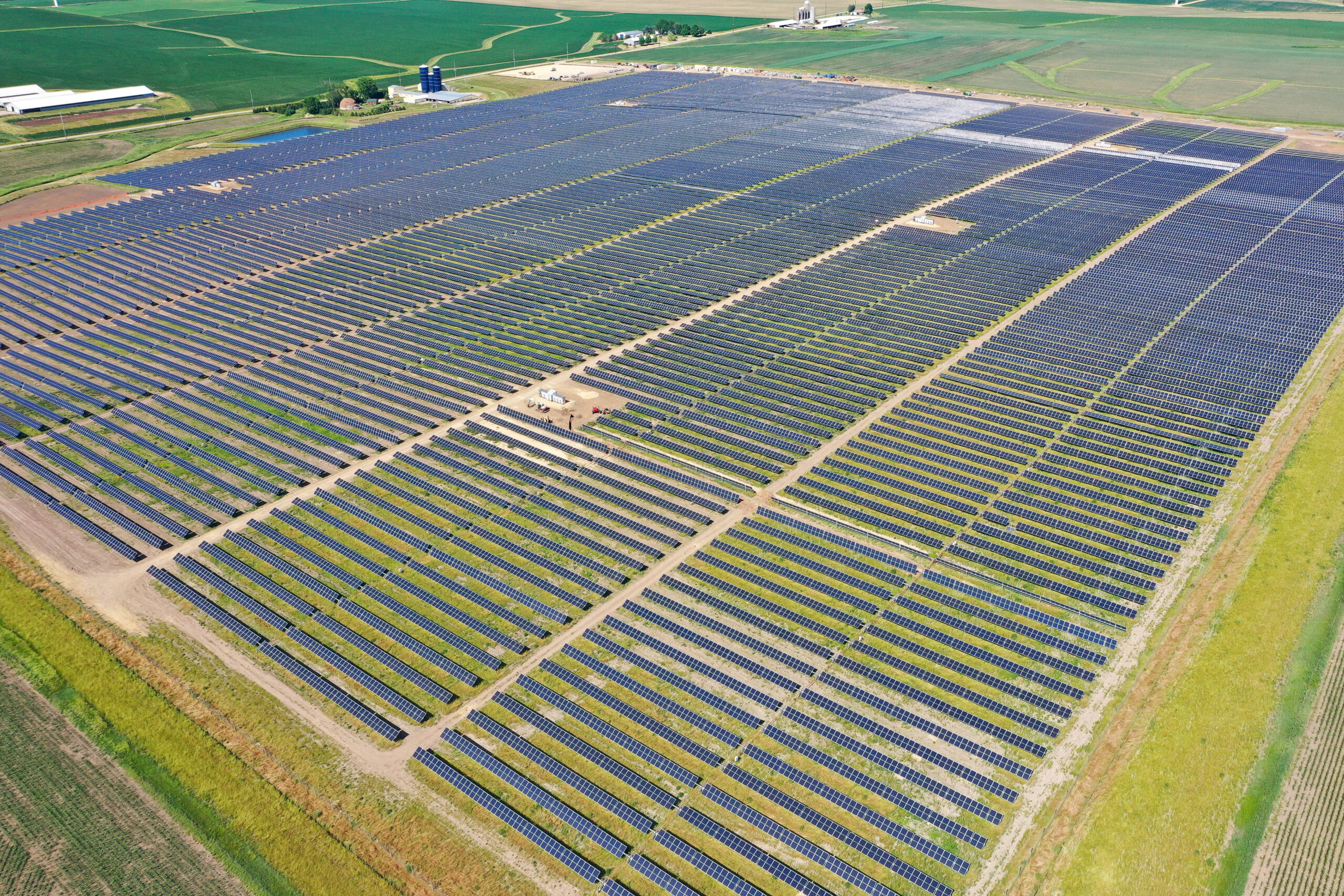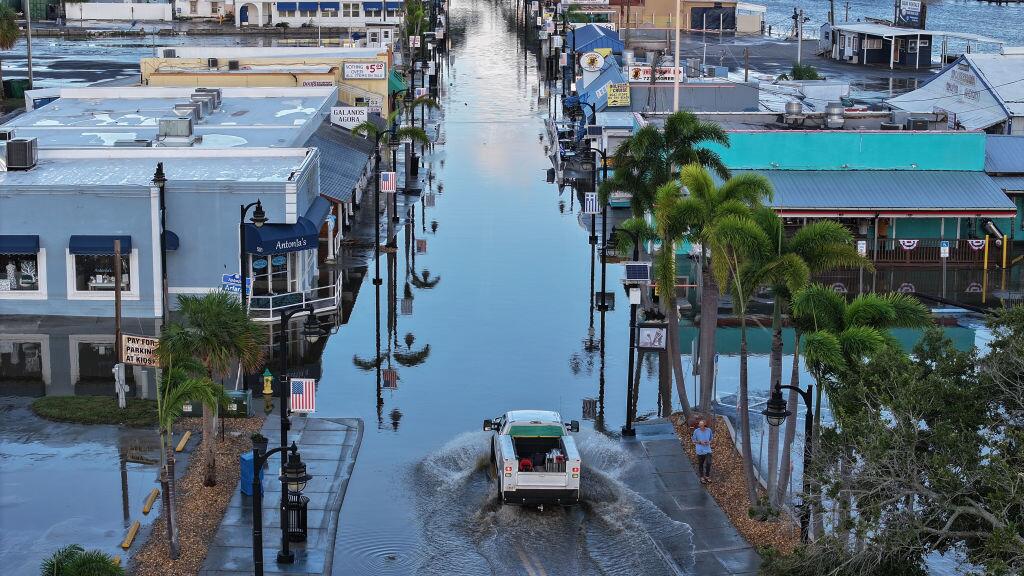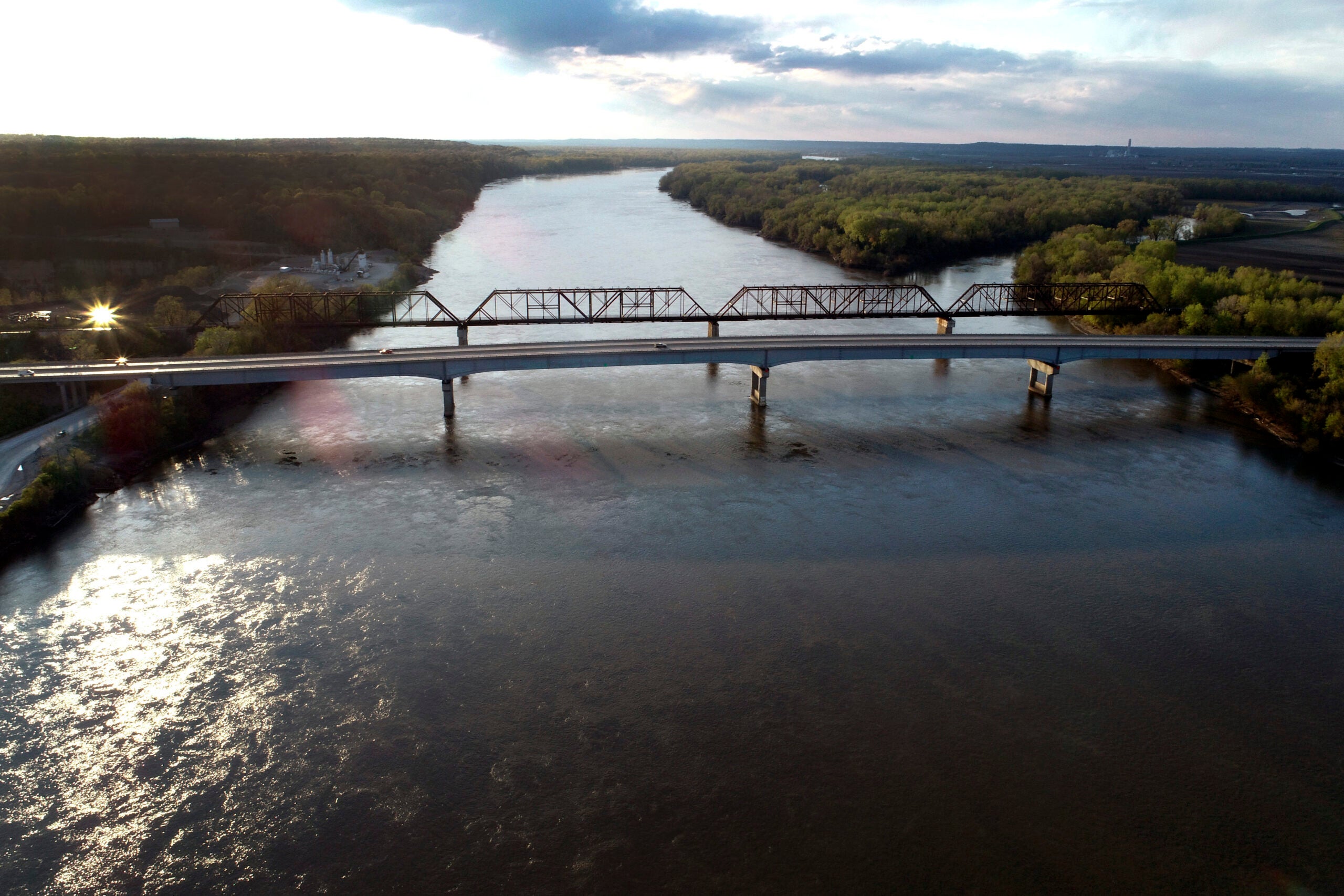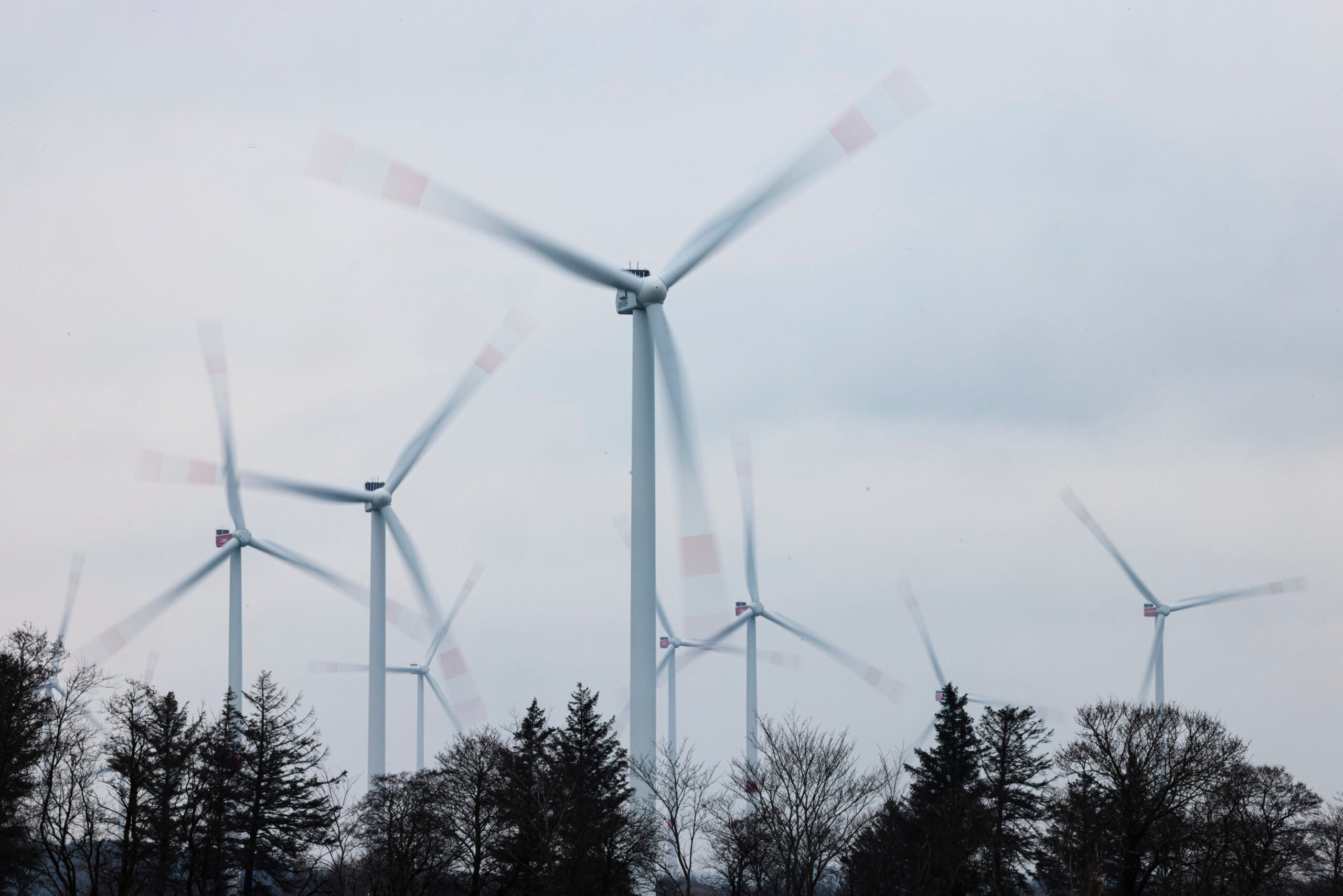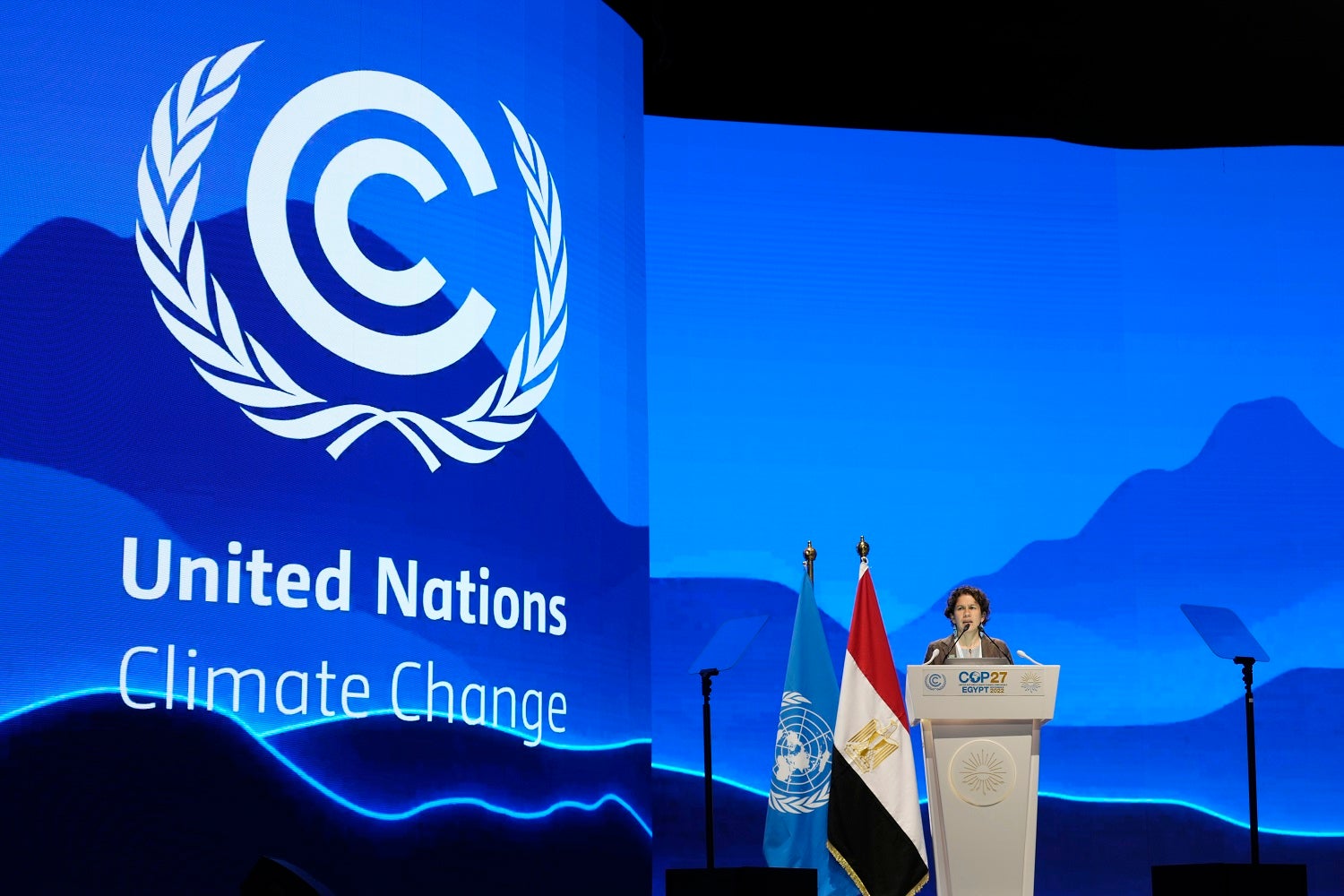A number of midwestern mayors are paying close attention to ongoing international climate change talks in Paris, while some are even attending the conference.
Four mayors from the Mississippi River Cities & Towns Initiative are meeting with officials from other global river basins at the United Nations 2015 Climate Conference to discuss the preservation of their basin’s resources. Like the Mississippi, the regions represented are major producers of food and provide fresh water to surrounding areas.
Mayor Roy Buol of Dubuque, Iowa said that it’s important for all basins to continue to be successful producers so the Mississippi isn’t the only region providing for a rapidly growing global population.
Stay informed on the latest news
Sign up for WPR’s email newsletter.
“We need to come up with ways that internationally we can use to help these other river basins deal with the effects of climate change,” said Buol.
The mayors will present their recommendations on Dec. 8.
“The end goal is to protect the source surface water in these basins, and to ensure food security and access (to) that drinking water at the same time,” Buol said.
Buol added that he’s confident discussions at COP21 will lead to a shared plan of action to deal with climate change: “Just the fact that there’s representatives coming from these other major basins tells me that they share the same concerns we do.”
Meanwhile, other mayors, like Milwaukee’s Tom Barrett, will be keeping an eye on the proceedings from abroad. Milwaukee, along with Racine and Ashland, is part of the Compact of Mayors, a coalition of cities whose leaders have pledged to reduce greenhouse gas emissions in measurable ways.
Barrett said that any international agreements made at the conference in Paris over the next 10 days could have major global impacts. He added that Milwaukee is ready to do more to help reduce emissions.
“We want to reduce our reliance on carbon-based fuels. We want more energy efficiency. We want to have alternative forms of transportation, so we have a wide variety of choices,” he said.
Opponents of additional climate change deals that might be reached at the conference have argued those agreements may raise the price of electricity and cut the competitiveness of U.S. manufacturers.
Wisconsin Public Radio, © Copyright 2024, Board of Regents of the University of Wisconsin System and Wisconsin Educational Communications Board.



